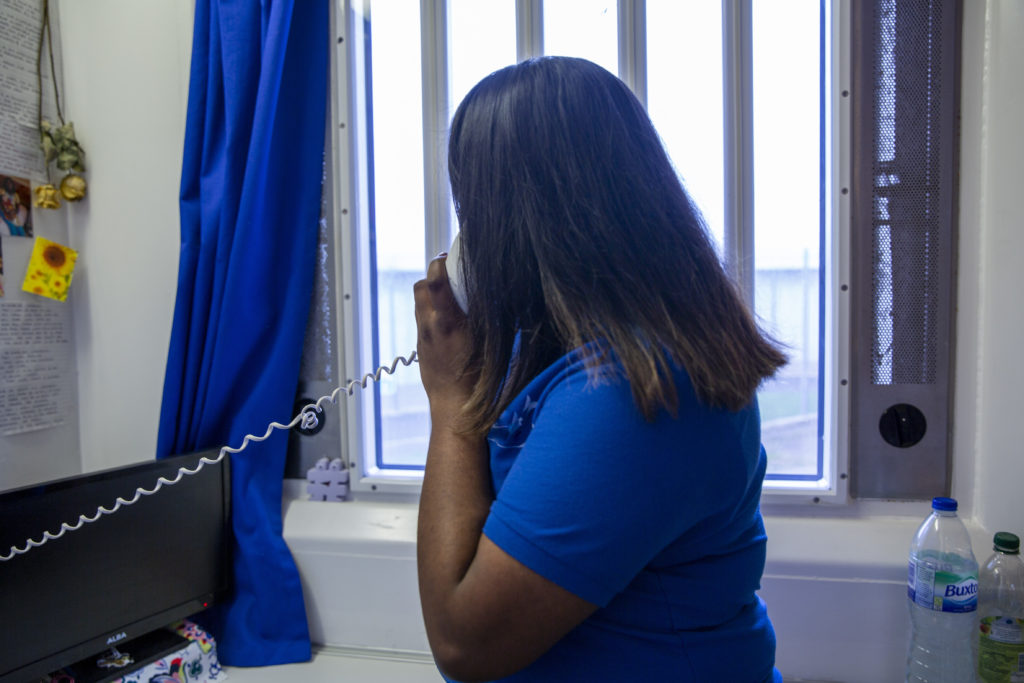A review into sentencing in England and Wales could see dramatic steps to reduce the numbers of women in prison, including new measures around electronic tagging and scrapping short sentences.
Trailing these measures the justice secretary, Shabana Mahmood, said at the Labour Party conference last month: ‘for women, prison isn’t working. Rather than encouraging rehabilitation, prison forces women into a life of crime. After leaving a short custodial sentence, a woman is significantly more likely to commit a further crime than one given a non-custodial sentence.’
The proposed measures are intended to have particular impact on women who are convicted of non-violent crimes, such as shoplifting, which is around two-thirds of women imprisoned. In 2022, 53% of women in prison were serving a sentence of 6 months or less.
Lord Timpson, the prisons minister, has suggested developing a system that takes reference from an approach by the Spanish authorities in governing prisons, which sees a number of female prisoners serving their sentence outside of prison using ‘comprehensive tagging’ to monitor behaviour and activity.
Robert Jenrick, the shadow secretary of justice suggested Starmer’s efforts to deescalate the situation on overflowing prison populations will result in the ‘poorest communities’ having to ‘suffer from early release criminals’. Keir Starmer has maintained his ambition to reduce the number of people going to prison through ‘renewed efforts to cut reoffending’, which will continue to impact prison space, and is forecasted to run beyond capacity.
Andrew Neilson, the director of campaigns at The Howard League for Penal Reform, said the organisation embraces a review of prisoner sentencing, suggesting that the government should review and ‘consider the impact’ of legislation that has inflated sentencing and led to the current ‘crisis’ in prison capacity.
The charity, Women in Prison, has welcomed the announcement of this sentencing review, saying it could ‘change women’s experiences of criminalisation for good’. They said the practice of giving women short custodial sentences has ‘failed to address the root causes of women’s offending, which are overwhelmingly linked to inequality – from poverty and mental health issues to experiences of domestic abuse.’ The few weeks that many women spend in prison they say ‘punishes them for their circumstances’.
In a statement their Chief Executive, Sonya Ruparel, said: ‘Through the Sentencing Review the Government has an important opportunity to address some of the most serious challenges in our justice system. Prisons are unable to keep women, and their children safe, and we hope the review leads to an end to short sentences, imprisonment of pregnant women, criminalisation of survivors of domestic abuse, and an end to use of prison as a “place of safety” for women with mental health problems.’







